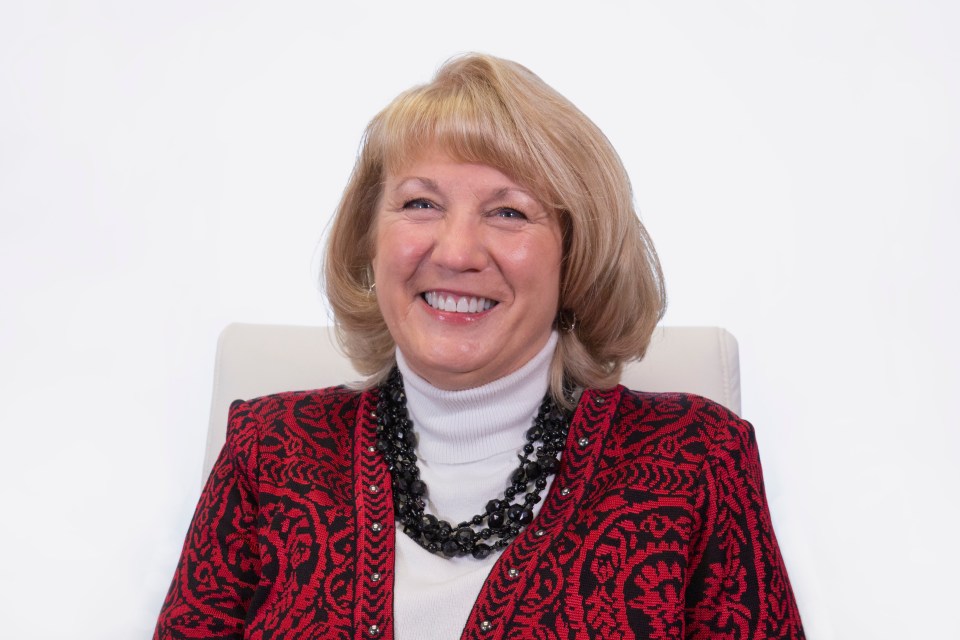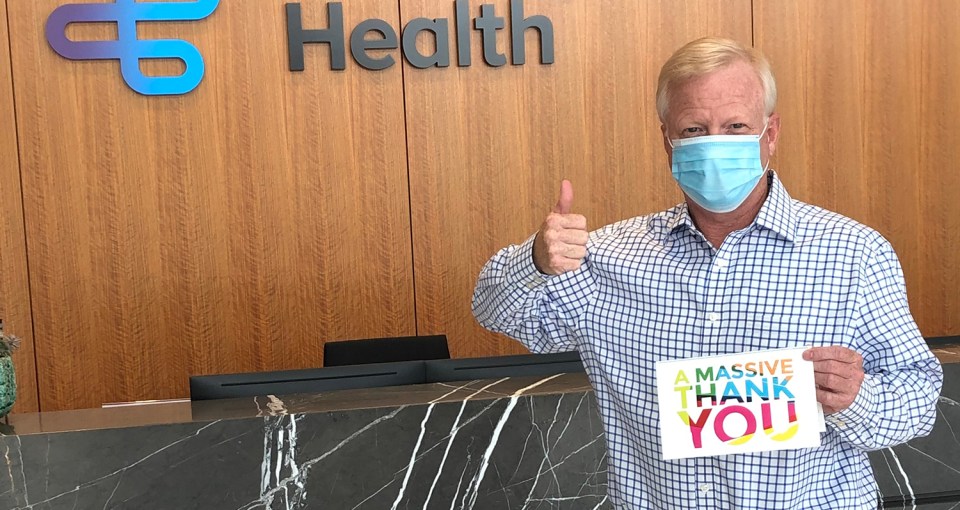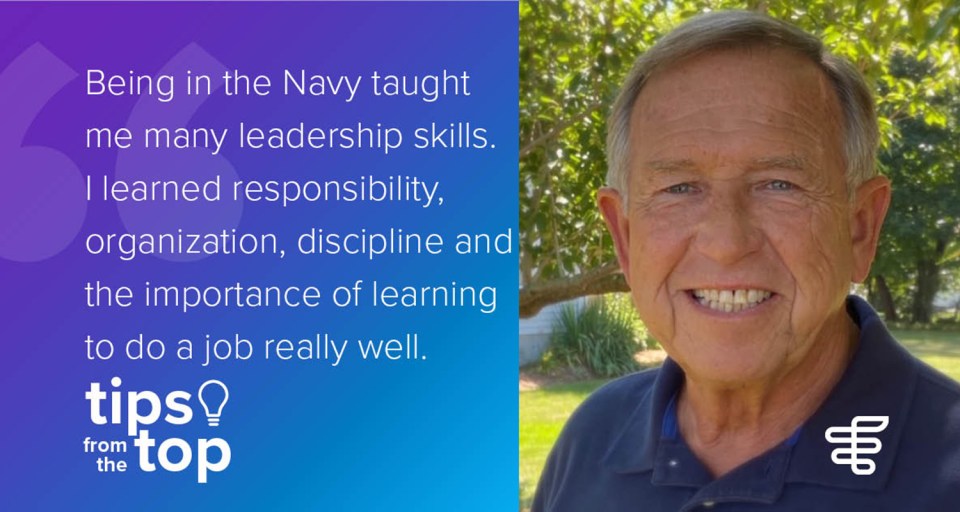I attended a funeral recently where the priest asked us some thought-provoking questions: if we only had time to say a few more words, what would those words be? Would they be kind, would they be powerful, would they be filled with love?
The person we were honoring at this funeral was someone who always used her words wisely, which was the point of the questions: to be more like Kathy.
The ability to communicate well, in particular verbally, is a foundational attribute for leaders in any organization.
The positive feedback I have received over the years that most resonates with me speaks to my communication style or messaging: “You said that well,” “I’m going to have to remember how you said that,” or “Thank you for giving me the right words to address this challenging situation.”
As I consider what can best help someone enhance their professional development or career opportunities, developing and sustaining strong communication skills is key.
In the homecare division at Encompass Health, our leaders have spent time studying and using concepts from two books: “Radical Candor” and “Crucial Conversations.” I’ve found the advice and techniques discussed in these books support and enhance my personal style, and my commitment to helpful communications.
The main message in “Radical Candor” is that great leaders achieve results by not doing everything themselves, but by guiding a team to do so. Thus, leaders must excel in their own work and in the three key areas: guidance, team building and results.
Guidance
This refers to soliciting and offering constructive feedback while encouraging feedback among team members; clearly a communication goal.
Team building
Putting the right people in the right roles and keeping them motivated is the second piece of advice from this book. At our home health and hospice agencies, we refer to this as having the right employee on the right seat, on the right bus.
Results
The third piece of advice is to manage the people on your team in a way that drives results. For our homecare division, this means managing to wildly important goals (WIGs).
At the heart of these key areas is that a leader must first have a trusting relationship with their direct reports. “Radical Candor” is about building strong, trusting relationships by working concurrently on two dimensions:
Care personally
This refers to bringing your whole self to work. Care for each of your team members as a whole person with lives and aspirations beyond their role in your company.
Challenge directly
This is the second step and is crucial regarding giving and receiving feedback, making tough decisions and upholding high standards. Trust and understanding is eventually built among teams and people then feel safe in challenging one another to solve problems and uphold standards.
This is the dimension that focuses on successful communications. To exercise radical candor, you must give people clear, honest feedback, whether it’s in the form of ‘criticism’ or ‘praise,’ for their benefit. Then you must help them understand how this feedback can help them move toward their own dreams and goals.
“Crucial Conversations” is the second book that our homecare leaders use to further develop effective communication skills. Relationships are a priority in life, and conversations are the critical element in caring for and sustaining those relationships.
This book guides you through techniques that help you flourish even in the most difficult conversations; those conversations that can define very important moments in our lives.
What I ultimately gained from this book, and actively practice, is that crucial conversations transform relationships, and eventually create a new level of bonding and trust.
Crucial conversations by definition are about tough issues; discussions with two or more people where opinions vary, stakes are high and emotions are strong. Unfortunately, it is human nature to back away or avoid tough conversations out of fear it will somehow make things worse.
As a leader and someone actively pursuing professional development, how often do you run into situations like this? The answer is probably daily!
How you handle them is what will differentiate you as a leader. I have learned that running away from or delaying important conversations makes the situation worse, so using specific tactics to approach these hard conversations is priceless.
At the heart of the good advice shared in these two books is the message that becoming more self-aware as a leader is not an option, it’s an imperative. I’ve found that being self-aware allows you to communicate more effectively, which means you’ll build trust faster with others.
Self-awareness is a simple concept that can be a monumental challenge in reality. Becoming more self-aware pushes us to accept all aspects of ourselves, without bias or judgement.
When we are self-aware, we understand our strengths and our weaknesses. We find out what drives us to succeed and what causes problems. In a nutshell, self-awareness is the ability to understand who you are and why you think, feel and behave the way you do.
Lastly, I want to share a simple acronym that I love: THINK.
This is a good reminder when determining whether your thoughts should be shared out loud or not. It is an acronym that has been widely shared over the years, but does remind us about being thoughtful when we are getting ready to speak.
Always ask yourself these five questions:
- Is it True?
- Is it Helpful?
- Is it Inspiring?
- Is it Necessary?
- Is it Kind?
A simple, but valuable approach to ensuring that your verbal communication will be shared wisely, will be delivered professionally, and that you have followed the Golden Rule in your treatment to others. Be more like Kathy.
Tracey Kruse is the chief operating officer at Encompass Health – Home Health & Hospice. Kruse served in this same role at Encompass Home Health & Hospice after joining the company in 1999 as vice president of operations. Prior to her tenure at Encompass, Kruse served as the director of operations for Home Health Corporation of America and Medical Air Supply. Earlier in her career, she worked as a licensed respiratory therapist. Kruse earned a bachelor’s degree from the University of Texas at Austin.
Tips from the top is an ongoing series highlighting Encompass Health leadership and what inspires and motivates them.
The content of this site is for informational purposes only and should not be taken as professional medical advice. Always seek the advice of your physician or other qualified healthcare provider with any questions you may have regarding any medical conditions or treatments.



